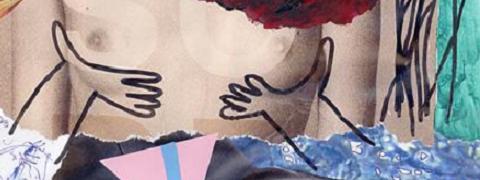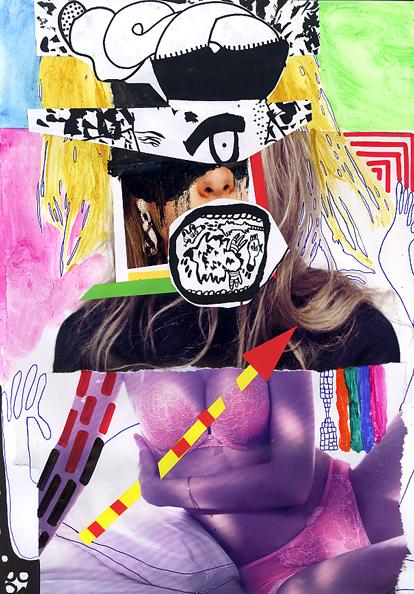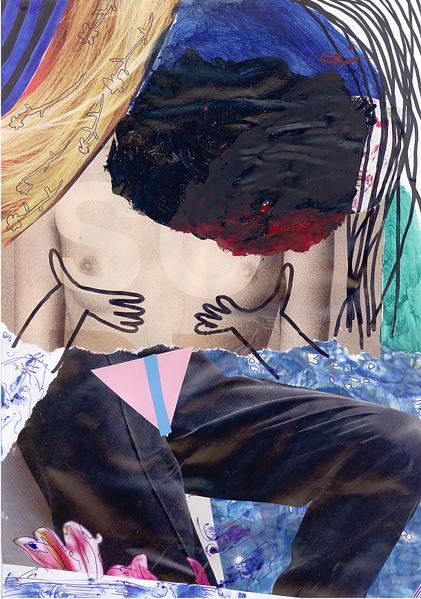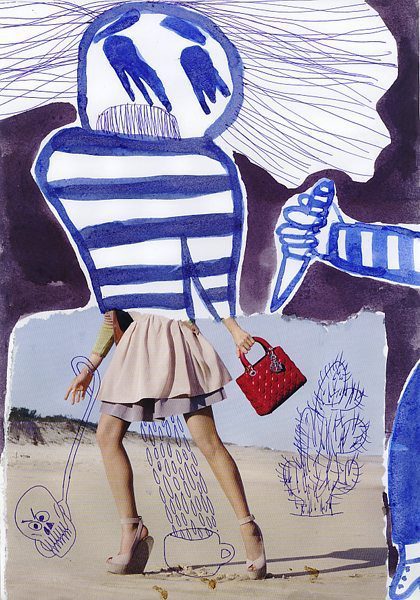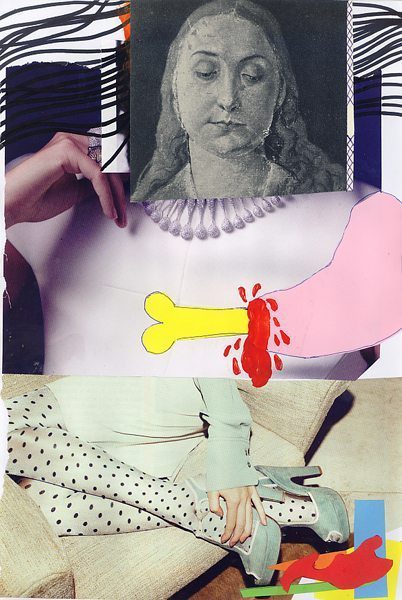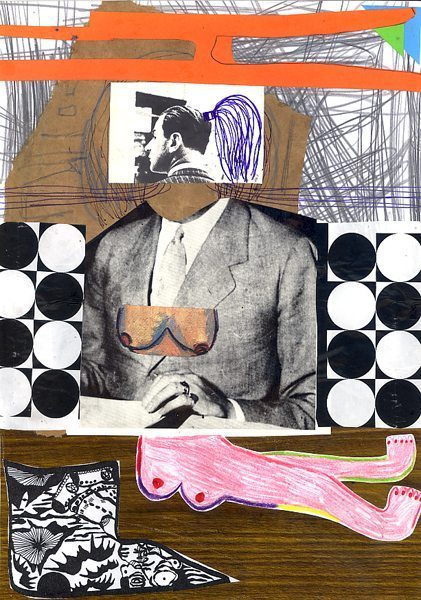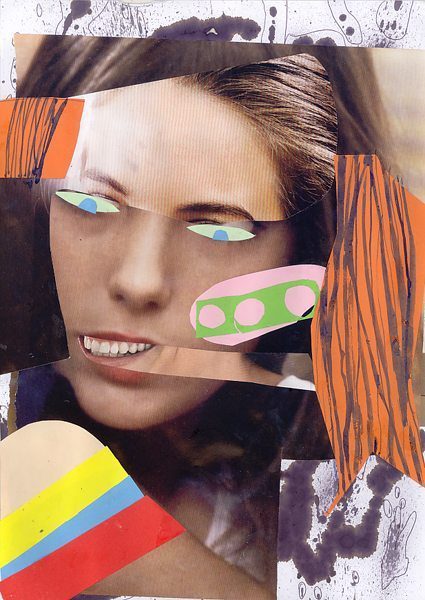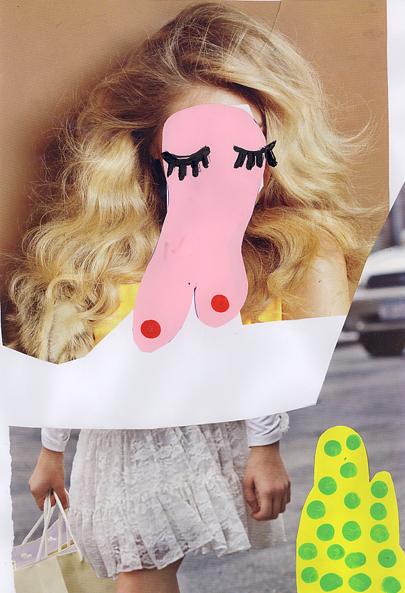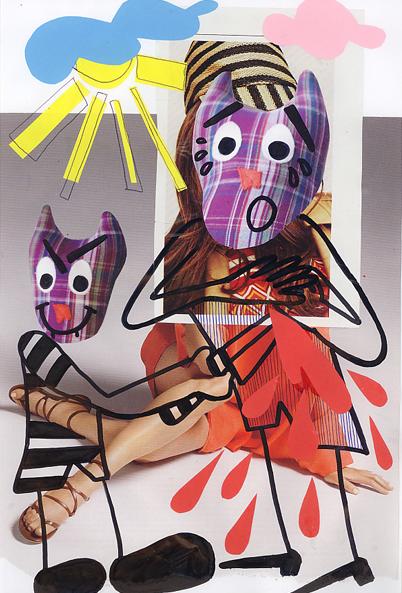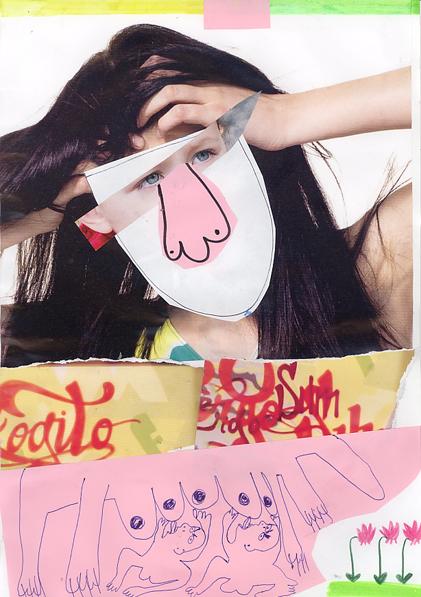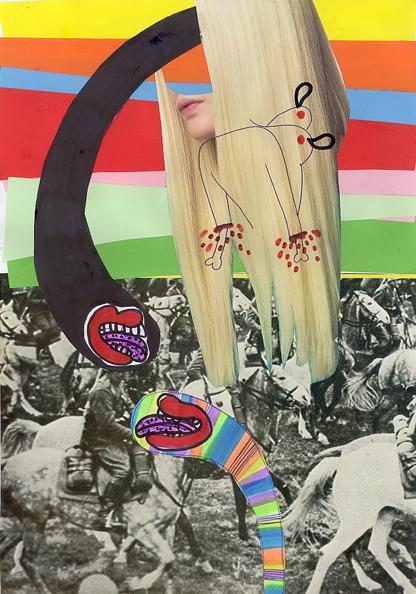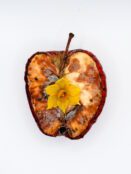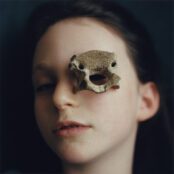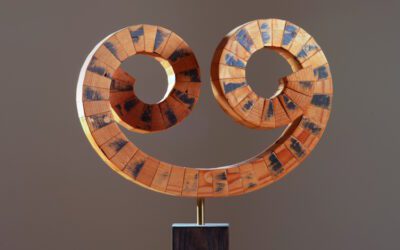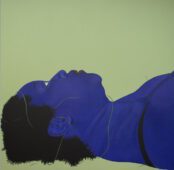Does it make a difference that Claudio Parentela is a man?
On seeing his garish collages, the initial reaction is to misread the final vowel of his name and assume that the artist is of feminine gender. The conceptual attack on conventional images of femininity, and of feminine sexuality, are something we have grown to expect from a post-YBA crop of female artists hacking furiously at the dominant visual trope of the 21st century.
That it comes from a man then, is somewhat of an affront. It’s the difference between the anti-semite and the self-hating Jew; the diffference between the word ‘nigger’ uttered by the black emcee or yelled by the pasty-white EDL member; the arch self-definition by the outre ‘fag’ versus the vicious spitting of the same word as the blows rain down.
[quote]the difference between the anti-semite and the self-hating Jew[/quote]
What right does a man have to confront the holy temple of the airbrushed, primped, teased and toned female form, attack it as visual fascism, as the endlessly-paraded passive-agressive definition of how a woman should look, should act, should be?
Talk of oppression is far-fetched. On the face of it, the heterosexual male has never had it so good. Western media saturates him constantly with sexualised imagery of idealised women, their allure a series of visual cues designed to appeal to his involuntary hormonal responses. These are pre-ordained, defined, restricted to a lowest common denominator choice of zones, curves, skintones. Conformity of stimulus is assumed, homogeneity of chemical triggers a given.
And if stockings and suspenders don’t turn him into a ravenous sex pest, there must be something wrong with him, right?
The rigidity of conventional responses to sexual imagery takes a beating in Parentela’s collages – their brutal exposition of the flawed humanity beneath and beyond the adland exterior is made obvious by crude overlays of cartoonish meta-commentary, or by cut-and-pasted features. In style, we see the colours and frivolity of pop-art combined with a Dadaist use of cynical absurdity. In composition, there is no point in ignoring the obvious influence of Picasso. It’s bright, disjointed, initially familiar, and then a little disturbing.
Claudi Parentela lives and works in Cantanzaro, Italy.
[button link=”http://www.claudioparentela.net/” newwindow=”yes”] Claudio Parentela Homepage[/button]
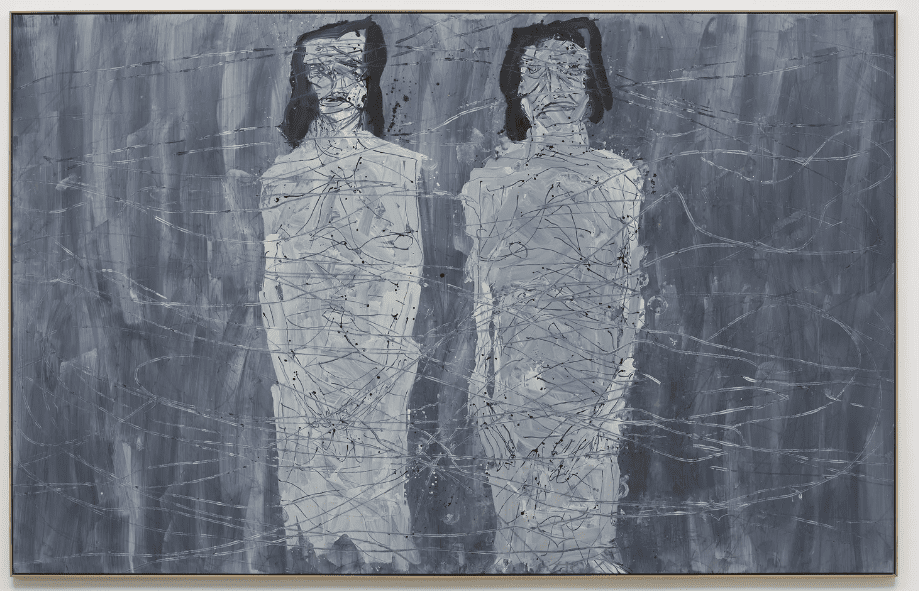
An observer first and foremost, Sean Keenan takes what he sees and forges words from the pictures. Media, critique, exuberant analysis and occasional remorse.

